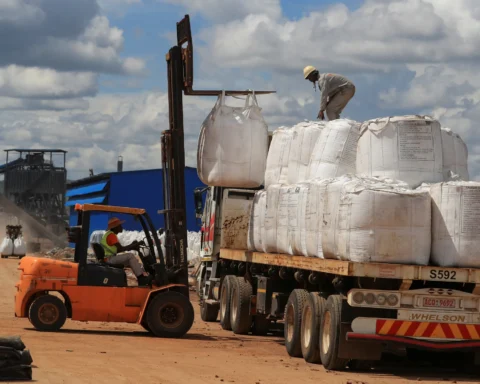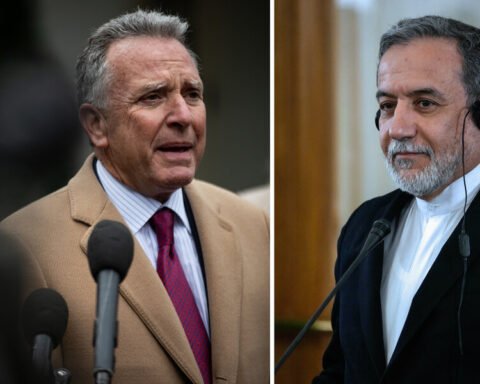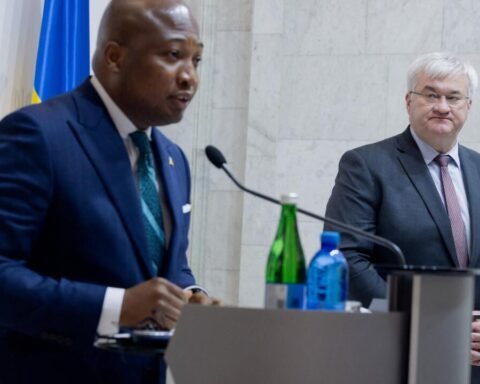The United Nations in Tanzania has reaffirmed its dedication to stronger collaboration, early response, and respecting the dignity of all people affected by humanitarian crises in the country.
The statement was made by Christine Mendes, Deputy Country Director of the World Food Programme, during the national observance of World Humanitarian Day on August 19.
World Humanitarian Day is observed globally to honor aid workers who have lost their lives in the line of duty and to recognize those who continue to provide essential services to vulnerable communities. In Tanzania, the day serves as a reminder of the shared responsibility of governments, organizations, and citizens to support those facing crises such as floods, droughts, displacement, and food insecurity.
In her address, Mendes highlighted that humanitarian work goes beyond delivering aid; it is about understanding and empowering communities. “Every response must respect the strength, resilience, and voice of the people we assist,” she said. She cited examples where proactive interventions such as preemptive food distributions in drought-affected regions—helped prevent situations from escalating into full-blown emergencies.
The UN emphasizes working closely with local authorities and grassroots organizations to ensure that aid reaches those who need it most, while also supporting long-term recovery and development. “Engaging communities from the outset ensures that assistance is meaningful and sustainable,” Mendes noted, reinforcing the importance of inclusive planning in humanitarian efforts.
Also Read; BRICS Nations Transforming Global Views Via Media Collaboration
The observance also paid tribute to Tanzanians and international aid workers who have dedicated their lives to serving others. Stories of volunteers responding to floods, coordinating relief during emergencies, and supporting displaced families showcased the resilience and solidarity that underpin humanitarian work. Mendes stressed that these efforts illustrate that humanitarian spirit is strongest when it is collaborative and community-driven.
“As we honor the bravery and dedication of humanitarian workers, we must also recognize that real impact comes from listening to and working with communities,” she added.
The United Nations in Tanzania continues to strengthen its partnerships, improve early warning systems, and enhance rapid response mechanisms to address emerging crises. By combining expertise with local knowledge, the UN aims to build a more resilient and self-reliant society capable of facing both immediate emergencies and long-term challenges.







